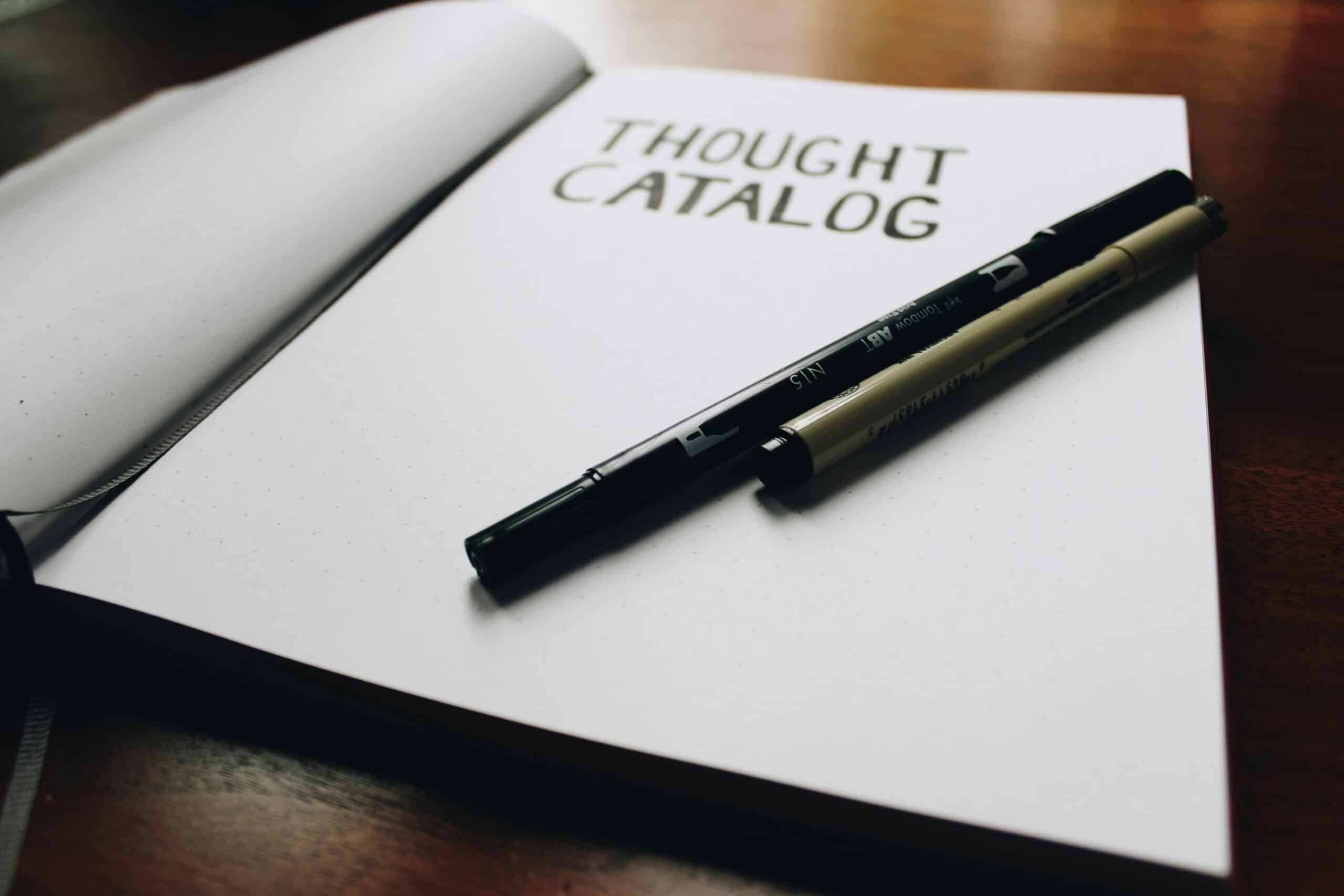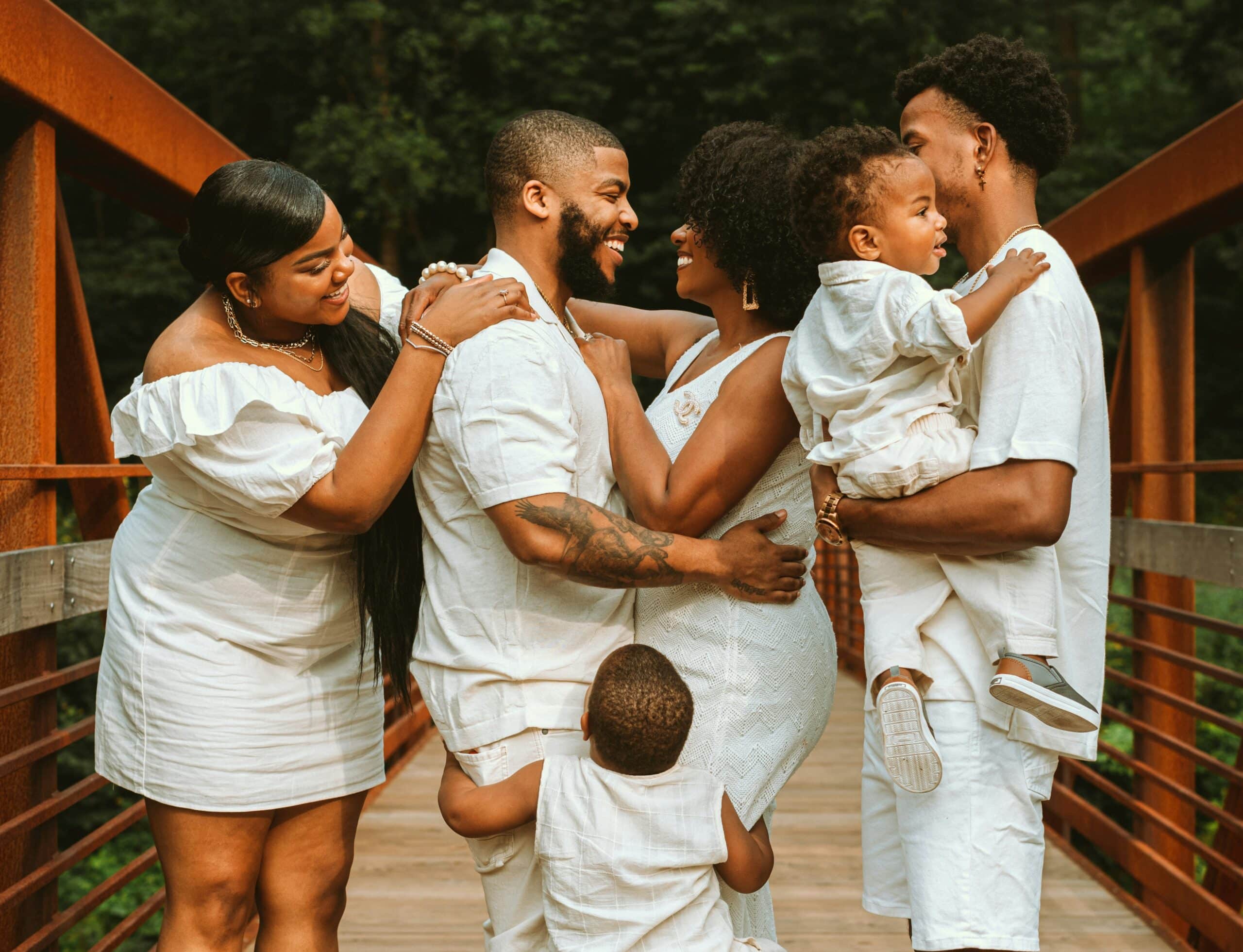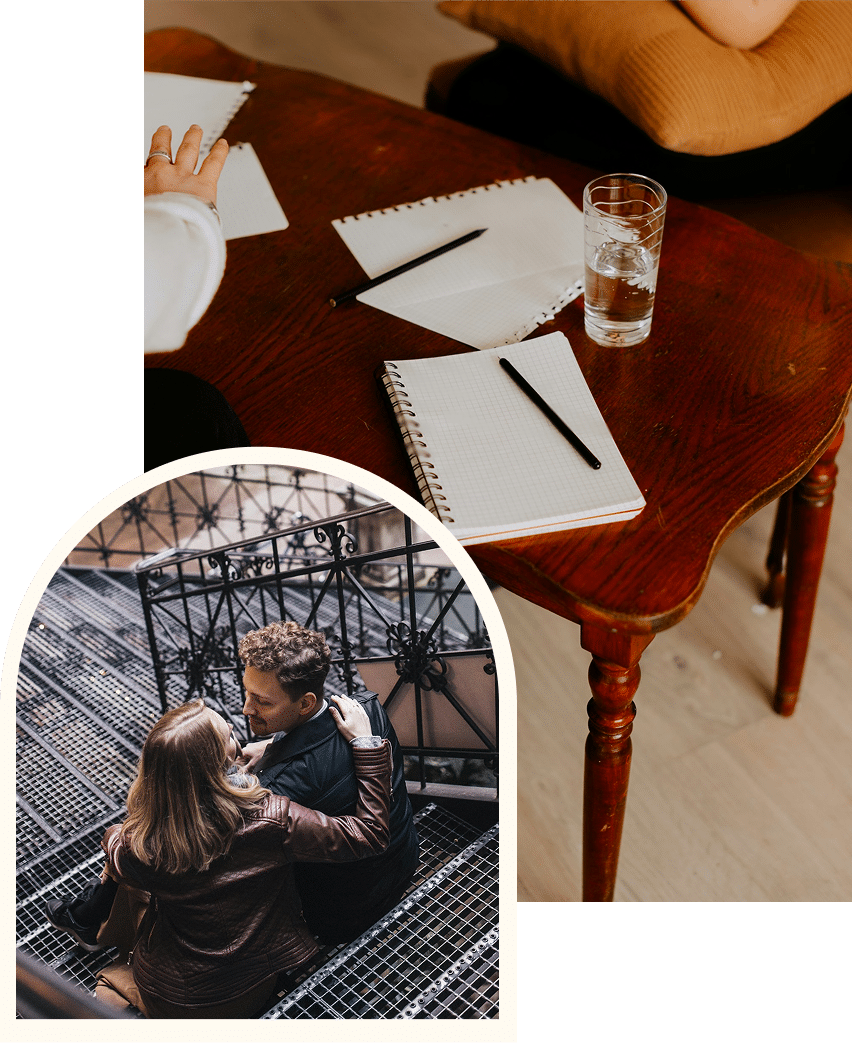- (702) 550-8773
- hello@natachachaneytherapy.com
- Online Therapy in Nevada
That’s why I use an integrative approach, flowing in and out of different modalities—because being versatile is so important to connect with different problems and personality types.You deserve a space that feels attuned to you—your rhythms, your needs, your uniqueness. These are some of my trainings and certifications:

Combining brain science with emotional healing, this approach helps you rewire old emotional patterns by understanding how your brain and nervous system respond to life’s challenges.

Exploring how your earliest relationships shaped the way you connect with others today.

Helping you recognize and shift unhelpful thought patterns that impact your mood, behavior, and relationships.

Honoring your story and your nervous system’s pace to create a foundation of emotional safety.

Healing at your nervous system’s pace, with safety at the center. Using a bottom-up process, Brainspotting helps the brain and body access and resolve trauma stored beneath conscious thought. Eliminating the need to talk about the pain over and over, if desired.

Offering skills like emotional regulation, mindfulness, and distress tolerance to help you navigate intense emotions more effectively.

Is a trauma-focused therapy and works by using bilateral stimulation—such as eye movements, sounds, or tapping—to help your brain safely reprocess traumatic memories. This reduces their emotional charge and helps integrate the experience more naturally, often without needing to discuss every detail

Learning how to be with yourself—with kindness instead of criticism.

Especially helpful for couples, this approach builds emotional safety and trust.

Backed by decades of research, this method helps couples improve communication, manage conflict, and deepen emotional connection.

This approach focuses on the family’s structure, roles, and boundaries. It helps clarify relationships, strengthen leadership within the family, and create healthier patterns of interaction.

Integrating psychological insight with faith-based principles, this approach supports emotional healing and spiritual growth. It offers a compassionate space to explore life’s challenges through a Christian lens.
You don’t have to memorize or understand these. My role is to guide you toward the tools that will help you most.

Many people wonder, do I really need therapy? Some wonder if something is wrong with them if they are in therapy, but that’s not true!
The truth is most of us didn’t get a psychology class on emotions or relationships growing up—and that’s not our fault. But it’s never too late to learn!
Therapy gives us a chance to catch up on what we missed. It’s a space to heal old patterns, move through trauma or life transitions, and learn the parts of being human that school and home didn’t always teach us growing up

Therapy works—and we have the science to prove it. Here are some compelling studies that highlight how therapy works—both in the brain and in relationships
Therapy has a lasting impact! While some relief can be felt quickly, long-term studies show therapy continues to help people grow, develop self-awareness, and improve relationships—even years later.

Couples counseling provides a safe, neutral space for both partners to openly express their thoughts, feelings, and concerns without fear of judgment. A trained therapist helps you identify unhealthy communication patterns, uncover underlying issues, and work together to build stronger emotional and physical connections.
Counseling can teach you practical tools to manage conflict, improve communication, and deepen your understanding of each other’s needs and perspectives. Whether you’re navigating a specific challenge or wanting to strengthen your bond, couples counseling offers guidance and support tailored to your relationship goals.
Couples counseling offers a supportive space to explore communication issues, recurring conflict, emotional disconnection, intimacy challenges, trust concerns, and major life transitions.
Together, we’ll also look at the deeper emotional patterns and attachment dynamics that shape how you relate. Whether you’re working to heal, reconnect, or grow together with more clarity and compassion, therapy helps create more intentional and resilient relationships.
Think of couples therapy like caring for a car—sometimes it’s just an oil change for routine maintenance, and other times the whole engine needs attention. Whether you’re tuning up the connection or working through more complex issues, therapy can support your relationship at any stage. A little care now can help prevent bigger breakdowns later.
Many couples also come to deepen their connection, strengthen emotional intimacy, or navigate transitions with more support. Whether you’re feeling stuck or simply want to relate more intentionally, therapy offers tools and insight to move forward together.
Couples counseling sessions provide a structured, supportive space to explore your relationship dynamics with the help of a trained therapist. You can expect a mix of guided conversation, reflection, and practical tools to help you communicate more effectively, understand each other’s needs, and work through challenges.
Early sessions often focus on getting to know you both, understanding your history, and identifying patterns that may be keeping you stuck. From there, we’ll work collaboratively to build insight, foster emotional connection, and support meaningful change in how you relate.
The pace of progress in couples counseling can vary depending on your goals, the challenges you’re facing, and how willing each partner is to engage in the process. Some couples start to feel small shifts after just a few sessions—like improved communication or a better understanding of each other—while deeper, more lasting change often takes time.
Every relationship is different. What matters most is your commitment to showing up with openness, honesty, and a willingness to grow together.
Yes, individual therapy can still bring meaningful change to your relationship, even if your partner isn’t ready to attend. By exploring your own patterns, emotions, and responses, you can begin to shift the dynamic between you. Often, when one person gains clarity and starts showing up differently, it naturally influences the relationship as a whole.
Therapy can also help you process your partner’s reluctance, set healthy boundaries, and make intentional choices about how you want to engage moving forward—with or without their participation.
Conflict is a natural part of couples therapy—and it can actually be a doorway to deeper understanding when handled with care. In session, I provide a structured and supportive space where both partners can express themselves and feel heard. When tensions rise, I help slow things down, bring awareness to emotional patterns, and guide the conversation in a way that promotes safety, clarity, and connection.
If needed, I also teach emotional regulation skills to help partners stay grounded during conflict, so that difficult moments can become opportunities for repair and growth.
My approach to couples counseling is integrative, drawing from evidence-based modalities that support emotional connection, communication, and lasting change. I primarily incorporate Emotionally Focused Therapy (EFT), which helps couples identify and shift underlying attachment patterns, as well as the Gottman Method, which offers practical tools for improving communication, managing conflict, and strengthening friendship and intimacy.
I also draw from relational psychodynamic theory, systems thinking, and mindfulness-based practices to support insight, regulation, and more intentional ways of relating. For couples who desire it, I welcome the integration of spirituality as a meaningful resource for healing and connection.
Yes—confidentiality is a core part of the therapeutic relationship. What you share in couples counseling is kept private and protected, in accordance with legal and ethical guidelines. There are a few specific exceptions required by law, such as if there is a risk of harm to yourself or others, or in cases involving child, elder, or dependent adult abuse.
Outside of those situations, your sessions are a safe and confidential space to speak openly and work through challenges without fear of judgment or exposure.
Yes, I offer couples intensives for those who want to do deeper, focused work over a shorter period of time. Intensives typically range from 3 to 6 hours in a day and can extend up to 3 consecutive days if needed. This format is ideal for couples navigating a crisis, facing significant challenges, or simply wanting to make meaningful progress more quickly.
Rates vary based on the length and structure of the intensive. Please contact me directly for current pricing and to explore whether this option is the right fit for your relationship.